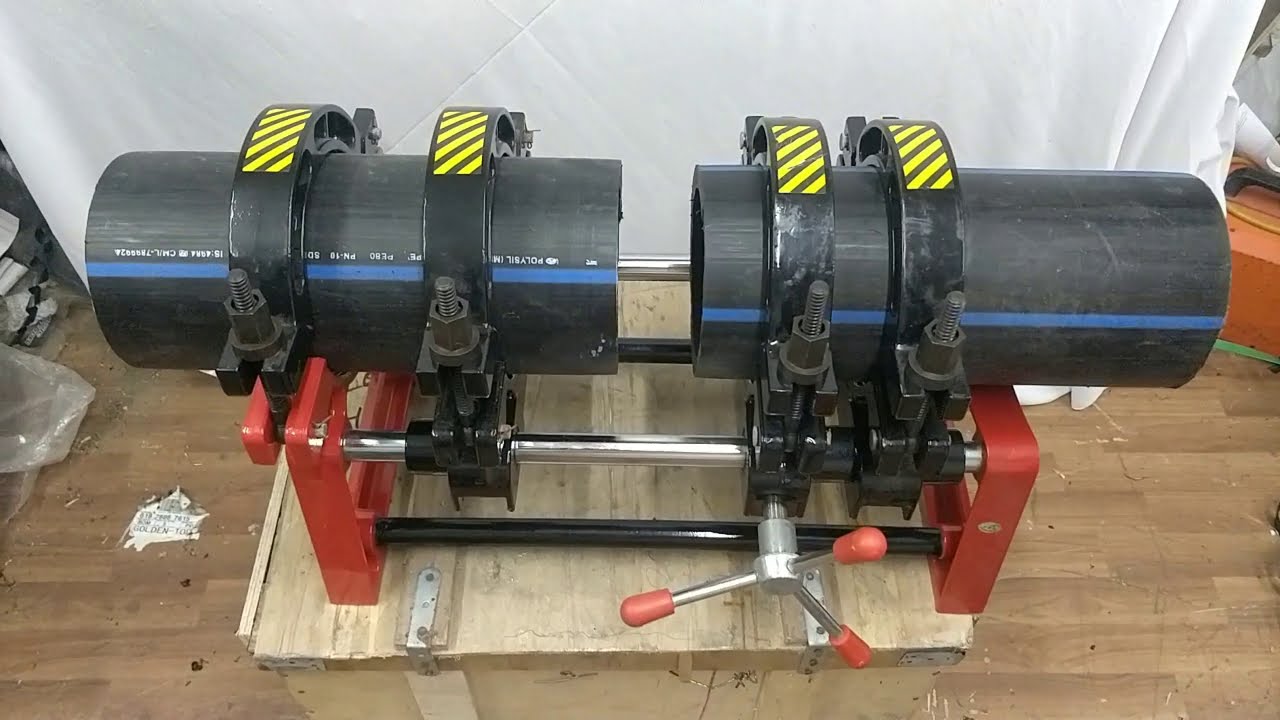Welding machines for HDPE pipes play a crucial role in various industries for connecting HDPE pipes. These machines ensure reliable, tight connections between pipes, making them an essential part in water supply systems, gas pipelines, and drainage systems.
There are kinds of HDPE pipe welding machines, each catering to specific needs. Butt fusion welders are widely used, joining pipes end-to-end using heat and pressure to form a seamless connection. This method is very effective, especially for larger pipe diameters. Electrofusion welding machines work by embedding heating elements inside pipe fittings, which, when electrically activated, melt to join the pipes. These machines are ideal for small diameters or repairs. Socket fusion welders, on just click the following post other hand, use a socket-shaped heating tool to join pipes and fittings by melting their outer layers and joining them under pressure.
Features: HDPE pipe welding machines come equipped with adjustable temperature controls, pressure gauges, and timers to ensure precise and effective welding. Many models also have automatic alignment to make sure pipes are aligned correctly before welding. Portability is crucial, as many welding projects are conducted in remote locations. Compact, lightweight models allow for ease of transportation and operation.
 Uses: HDPE pipes find extensive use in infrastructure projects, and dependable welding equipment is essential for long-lasting connections. They are used in water supply systems, irrigation, gas transportation, and drainage systems. Due to increasing environmental awareness, HDPE pipes are preferred for their durability, resistance to corrosion, and environmental benefits.
Uses: HDPE pipes find extensive use in infrastructure projects, and dependable welding equipment is essential for long-lasting connections. They are used in water supply systems, irrigation, gas transportation, and drainage systems. Due to increasing environmental awareness, HDPE pipes are preferred for their durability, resistance to corrosion, and environmental benefits.
In summary, HDPE pipe welding machines are vital for ensuring strong and durable pipe connections across different sectors. Their versatility and effectiveness make them indispensable tools in modern pipeline construction.
